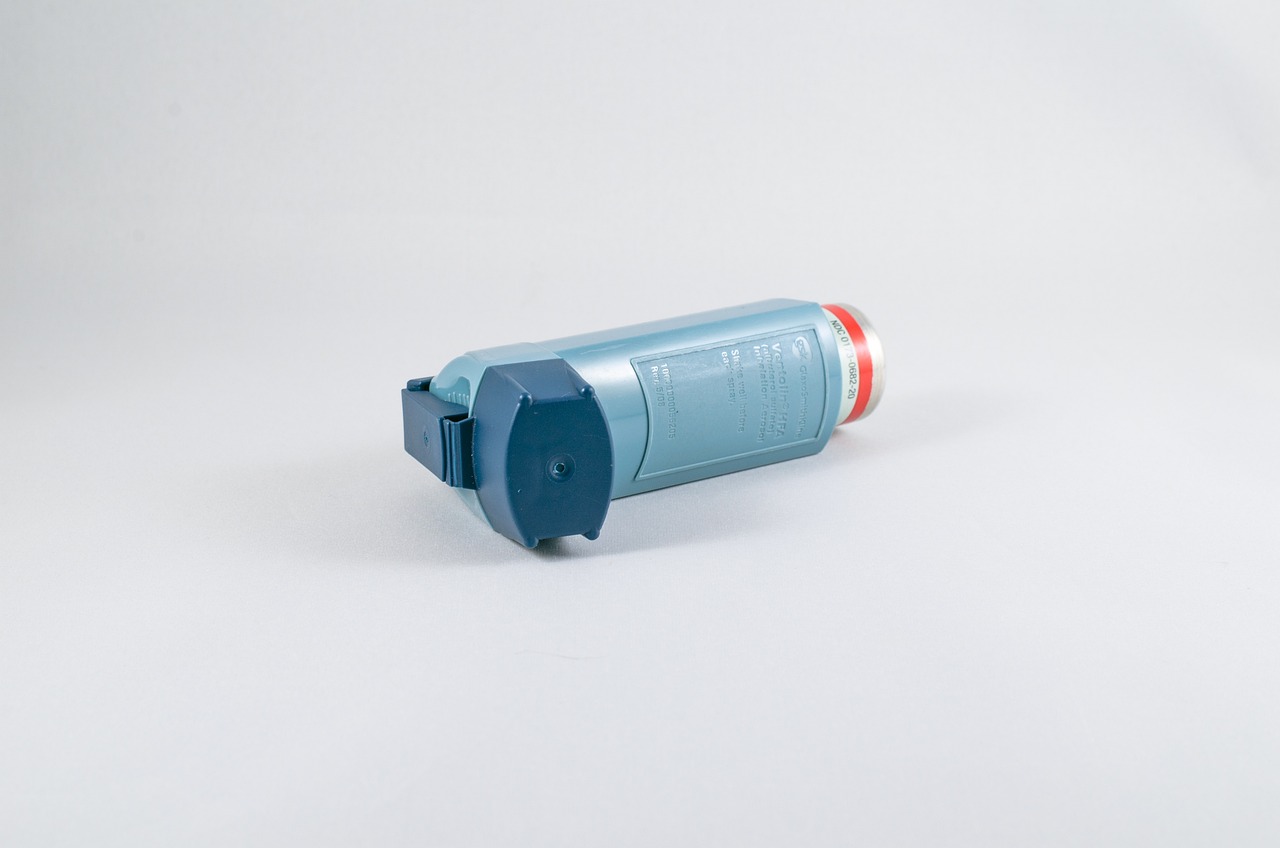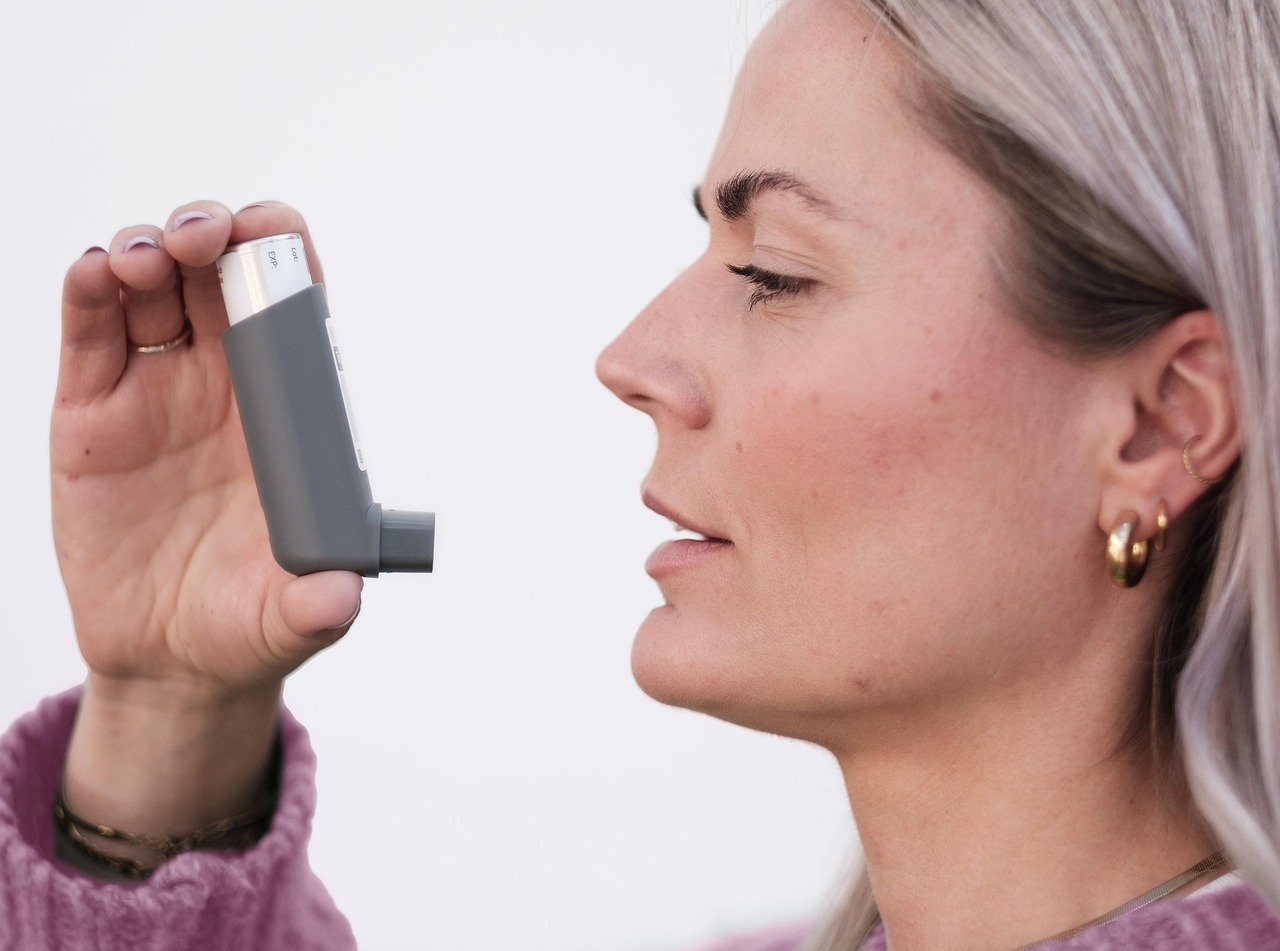A Year of seasons in the Life of an Asthmatic:
Asthma sufferers will often find certain triggers such as pollen, dust, animal fur and pollution can cause an increase in symptoms at specific times of the year that affects their daily life. Types of asthmatic triggers vary greatly, are not universal for each asthmatic, and can be heightened in particular seasons of the year. Seasons such as spring and winter are more commonly thought to be the times of the year which cause the most problems, however this is not the case for everyone.
Spring
There are a number of asthmatics, especially those with hay fever, who find spring to be the most difficult season. The start of the pollen season combined with circulating breezes which help distribute the different grass/tree/flower pollens far and wide can not only lead to itchy sore eyes, sneezing and runny noses but also result in wheezing, chest tightness and coughing.
Autumn – The September epidemic
The ‘September epidemic’, as children return to school and bring with them as well as encounter increased levels of germs, viruses and bacteria, can be the start of a difficult period for asthmatics. It is recommended that asthma sufferers ensure they are vaccinated against flu, as although they are not more susceptible to viruses than the general population, their inflammatory condition means that their immune systems struggle to recover at the same rate as non-asthmatics. This leads to prolonged illness which can result in hospitalisation.
Winter
The winter season brings with it problems for asthmatics, both indoors as well as outdoors. The drop in temperature and reduction in humidity causes the outside air to be cold and dry, which in combination as well as separately are common triggers of asthma in some people. One effect of this outside environment is to spend more time indoors at work, school and at home. This leads to more contact with triggers such as dust mites and pets as well as resulting in an increased number of people in close proximity in a warm, dry environment due to increased use of central heating. This serves as an ideal platform for germs, viruses and bacteria to spread quickly.
Summertime: Better or Worse?
Some people believe that summer can be the season with the least impact on asthma symptoms as the worst of the spring pollen season is over, and the cold and flu season has not yet come into full force. The British summer time is often a chance to enjoy the brief period of warmth we get! Spending more time outside in the sunshine both at work and school as well as socially is an opportunity British people make the most of.
However, for asthma sufferers, this season still brings with it conditions that can impact greatly on their disease. Certain pollens such as birch tree pollen typically do not begin to circulate until late spring and through summer, and the increase in humidity combined with warm cloudy days results in more pollution trapped closer to the earth.
Asthma & Grey Fever
This so called ‘grey fever’ (asthma attacks triggered by the combination of pollutants and pollen released and trapped in the heat) can be a severe trigger for many asthmatics. The British summer time is often also synonymous with showers, heavy rain and thunderstorms, which can be detrimental to asthma sufferers due to the quick changes in the environment over short periods of time. Strong winds in thunderstorms uplift pollens, allergens, mould and spores from the ground. Heavy rain then breaks these up into smaller particles and sends them back down to earth, which when inhaled can penetrate deeper into the lung.
Simple steps for symptom control and asthma attack prevention
- Take note of the weather that is forecasted.
- Plan ahead for daily activities and strenuous exercise.
- Avoid/Remove asthma triggers as much as possible i.e. pets.
- Always ensure you have your blue reliever with you.
- Always ensure you take all your asthma medication as directed by your GP.
- Ensure you attend your asthma appointments at your GP surgery and keep supplies of all your asthma medication.
- Don’t expose your inhalers to extremes in temperature such as prolonged time in direct sunlight as this will cause the medication to be less effective.
- Remember: if you are experiencing a significant worsening of your asthma symptoms which does not seem to be improving despite your medication, contact your GP.
Explore more about our clinical trials for asthmatics or apply now to participate in a study. Alternatively, find out more about all of our clinical trials.
















